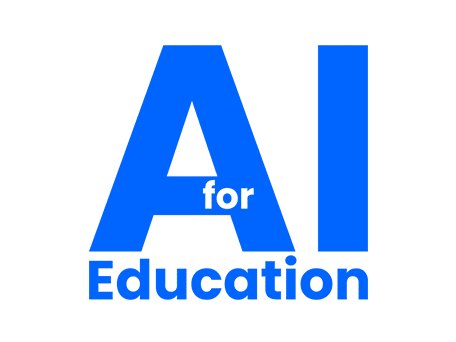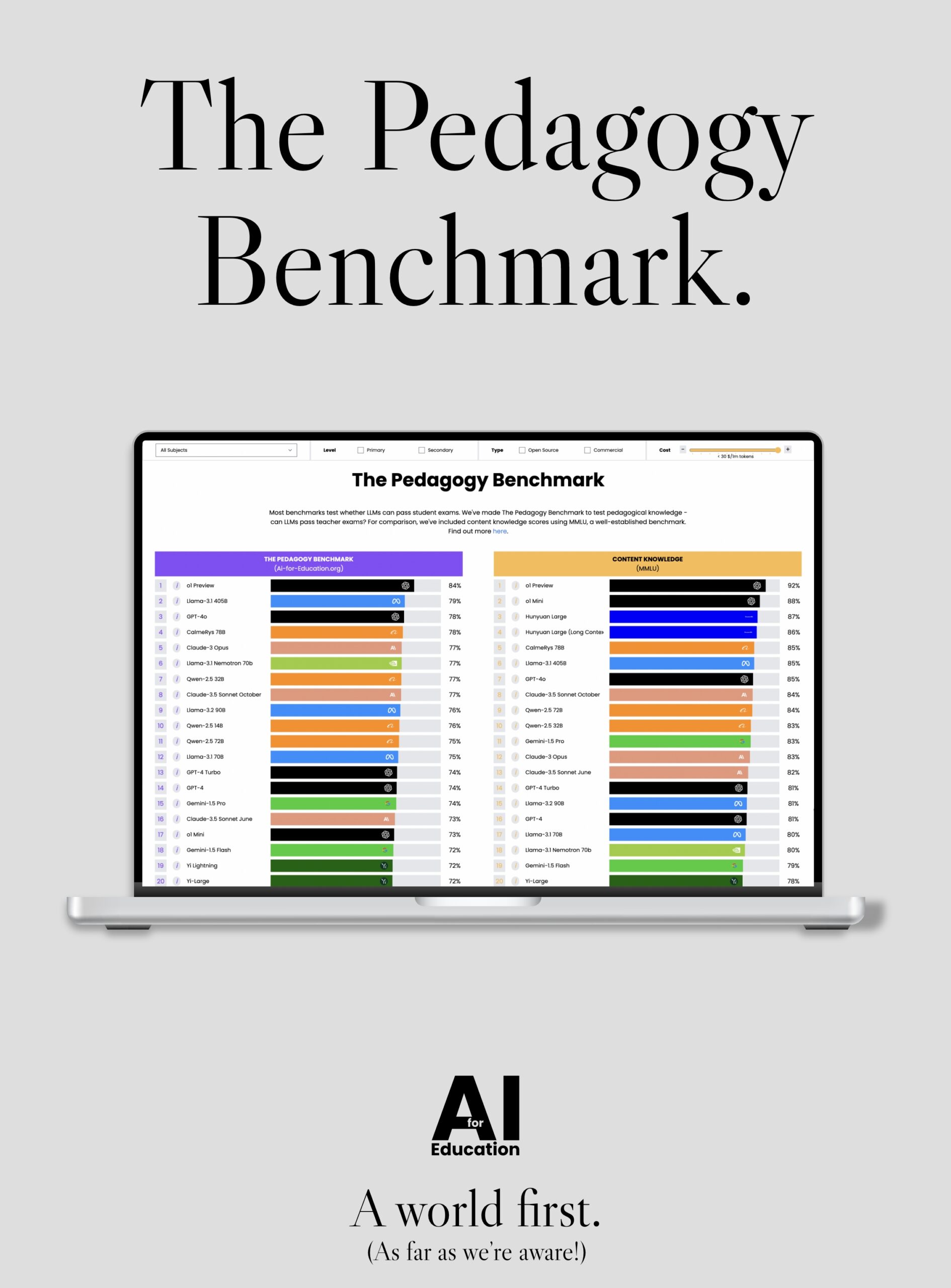Non-Profit - 2025 Finalist
AI-for-Education.org
Switzerland
AI-for-Education.org from Fab - AI for Education
AI-for-Education.org is a global initiative helping realise AI's potential to improve learning in low- and middle-income countries. It supports R&D of evidence-based, affordable AI-EdTech solutions and provides training to governments, delivery partners, and educators.
It has built an open-source platform offering knowledge, guidance, tools and infrastructure. It engages the education community through events, collaborations, and open progress sharing.
As the global authority on AI in education for low and middle-income countries (LMICs), it shapes the ecosystem vision and identifies AI solutions improving foundational learning at scale. Its products dashboard tracks global AI-EdTech developments, providing insights into trends and opportunities. The focus is on learning barriers in Sub-Saharan Africa and South Asia through a roadmap guiding stakeholder collaboration.
AI-for-Education.org partners with tech firms and multilaterals to shape investments while facilitating north-south partnerships for technology diffusion. It combines knowledge generation with advisory support and training for government partners and implementers.
It has created an evidence framework and library mapping AI solution effectiveness, hosting comprehensive research and sharing best practices. It works with developers on impact evaluation guidance and evidence-informed scaling.
It supports quality assurance through benchmarks measuring AI outputs on an education leaderboard. These benchmarks guide developers and empower decision-makers. It is curating relevant AI benchmarks and developing its own, like the Pedagogy Benchmark testing LLMs.
It is creating high-quality training datasets to ensure LMIC schools are represented in AI models, by identifying FLN materials with a bottom-up approach designed for scale. This resource helps developers build effective learning solutions for real educational needs.
Voice AI holds potential for education in LMICs where large classes limit evaluations. It is advancing voice AI for reading assessments by documenting current practices and enhancing development specifically for assessments in Sub-Saharan Africa.
It also manages grants - 'learning by doing' investments in high-impact organisations, ensuring bottom-up work testing R&D investments that can become public goods.


